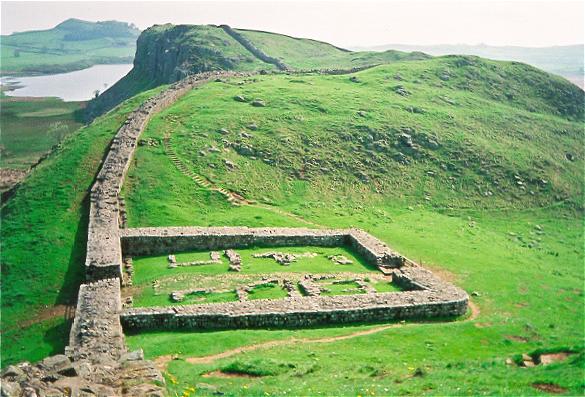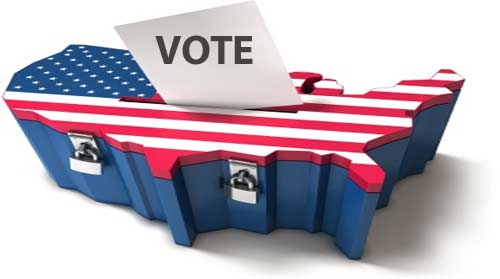Benjamin Hudson, a professor of history and medieval studies, was recently quoted in a story comparing President Donald Trump’s promise to build a boarder wall between the United State and Mexico to Roman Emperor Hadrian, who attempted to build a boarder wall in 122 A.D. Here’s an excerpt from the Smithsonian Magazine article:
“Hadrian’s Wall wasn’t just built to keep the Picts out. It likely served another important function—generating revenue for the empire. Historians think it established a customs barrier where Romans could tax anyone who entered. Similar barriers were discovered at other Roman frontier walls, like that at Porolissum in Dacia.
“The wall may also have helped control the flow of people between north and south, making it easier for a few Romans to fight off a lot of Picts. ‘A handful of men could hold off a much larger force by using Hadrian’s Wall as a shield,’ Benjamin Hudson, a professor of history at Pennsylvania State University and author of The Picts, says via email. ‘Delaying an attack for even a day or two would enable other troops to come to that area.’ Because the Wall had limited checkpoints and gates, Collins notes, it would be difficult for mounted raiders to get too close. And because would-be invaders couldn’t take their horses over the Wall with them, a successful getaway would be that much harder.
“The Romans had already controlled the area around their new wall for a generation, so its construction didn’t precipitate much cultural change. However, they would have had to confiscate massive tracts of land.
“Most building materials, like stone and turf, were probably obtained locally. Special materials, like lead, were likely privately purchased, but paid for by the provincial governor. And no one had to worry about hiring extra men—either they would be Roman soldiers, who received regular wages, or conscripted, unpaid local men.
“ ‘Building the Wall would not have been “cheap,” but the Romans probably did it as inexpensively as could be expected,’ says Hudson. ‘Most of the funds would have come from tax revenues in Britain, although the indirect costs (such as the salaries for the garrisons) would have been part of operating expenses,’ he adds.”
Read the full article at SmithsonianMag.com.


